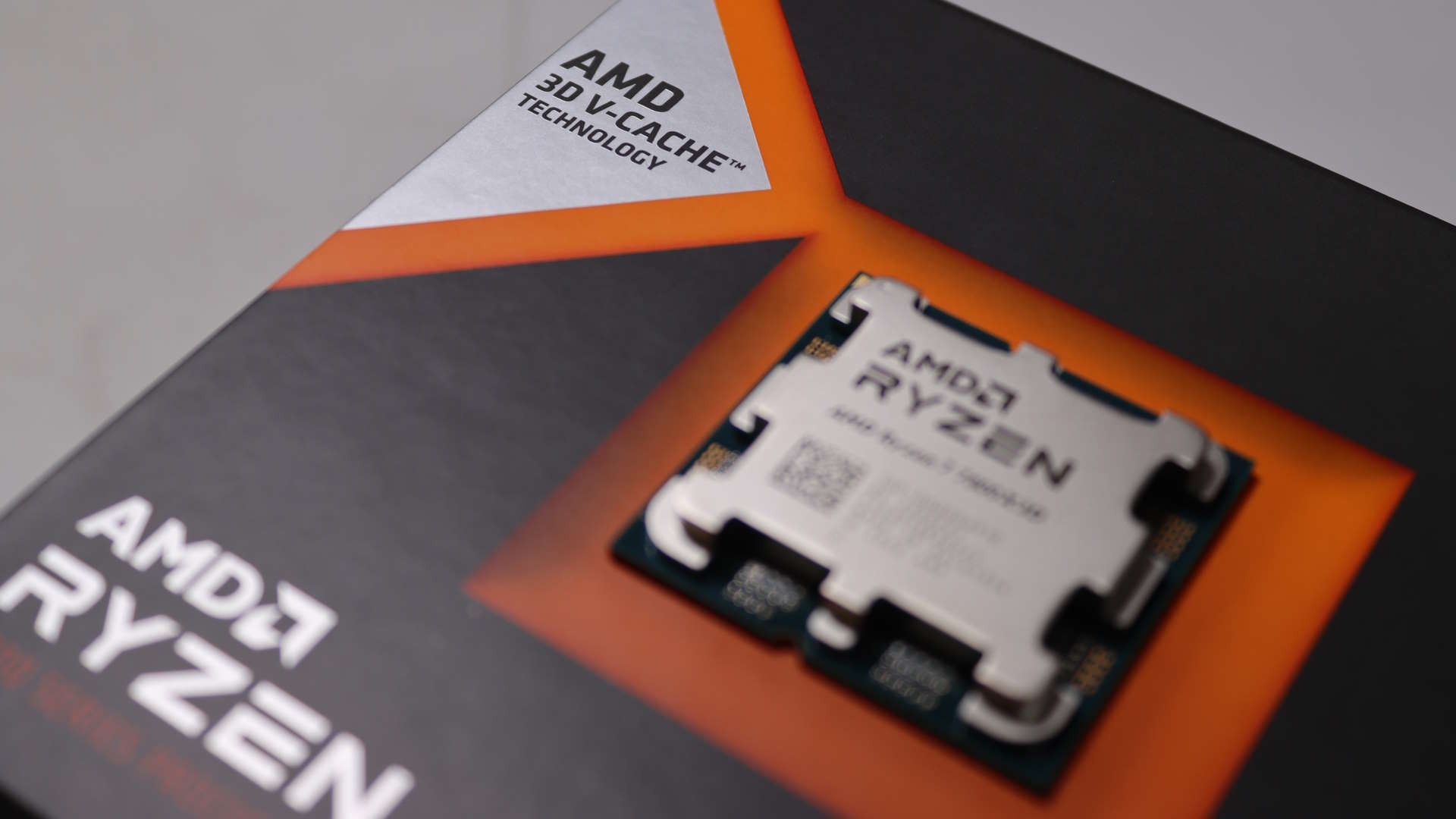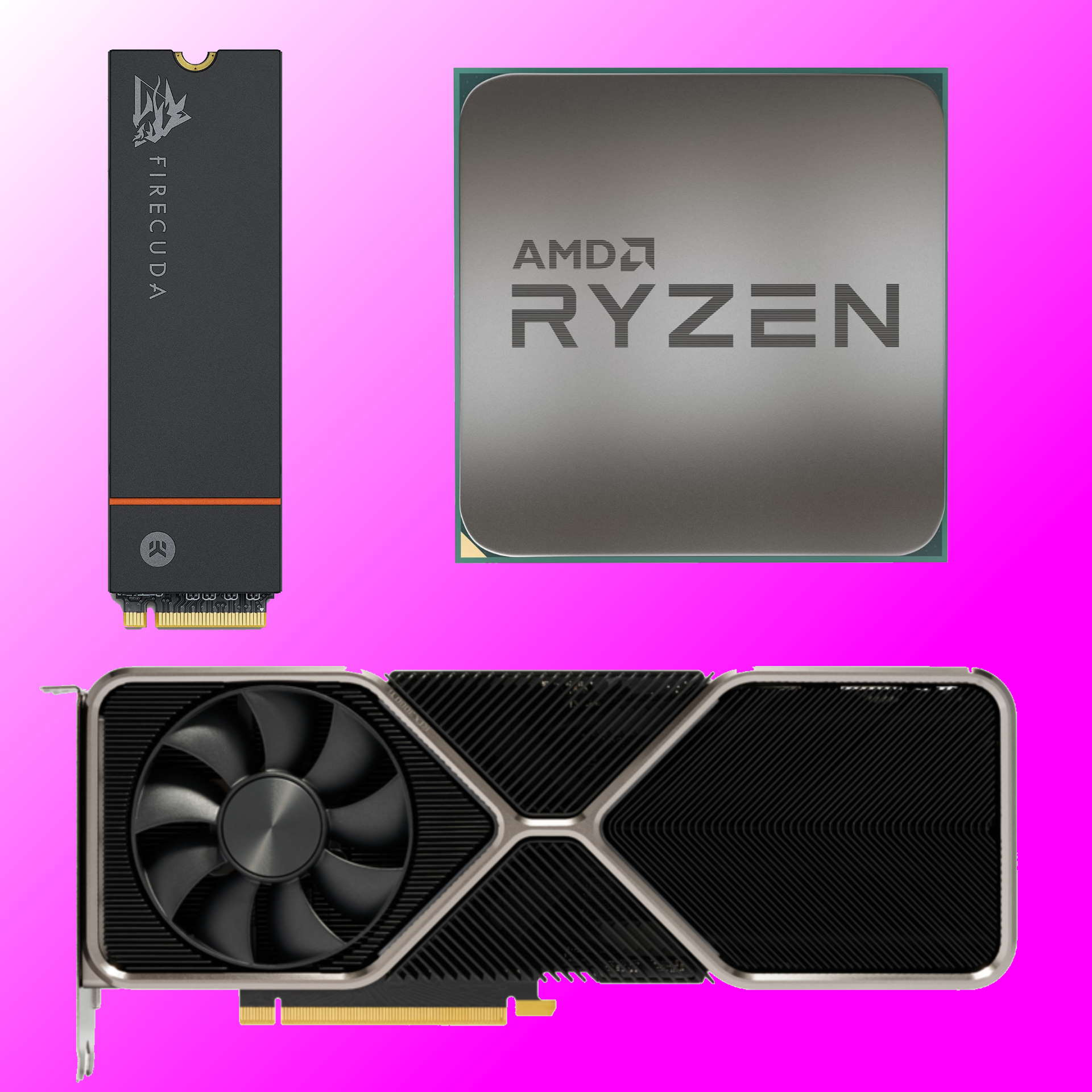
Oh, and the 3D V-Cache is now located underneath the processor, not on top.
Just hours after motherboard companies beat them to it, AMD has officially announced the Ryzen 7 9800X3D, the first next-gen 3D V-Cache processor, set to retail at $479. And we now know what AMD meant back in June when it spoke of 9000X3D’s ‘really cool differentiators’, because it features a different design to the 7000X3D chips.
Apart from its price tag, which is $30 higher than the previous-gen Ryzen 7 7800X3D was priced at launch, probably the biggest takeaways are that the 9800X3D has a 500 MHz higher base clock and 200 MHz higher boost clock compared to the 7800X3D, and its 3D-stacked cache will sit under rather than on top of the processor.
Here’s how the 9800X3D stacks up against the 7800X3D:
Note that the 3D V-Cache, which is now located underneath the CPU, still totals 64 MB just like the 7800X3D. TDP and core counts are the same, too.
The “revolutionary change in cache placement” makes it “the first X3D processor to be fully unlocked” for overclocking because the processor should be eaiser to cool without all that memory sitting between it and the cooling solution.
This is no small thing. It was practically useless to attempt to overclock 7000X3D chips, as you had to mess with PBO and ECLK for very tiny gains. Hopefully this new underside placement will allow for an X3D chip that it’s actually worth overclocking (although extreme overclockers looking to de-lid the CPU might need new kit to do so).
The king of gaming processors is back 👑Featuring new 2nd generation AMD 3D V-Cache technology, the Ryzen 7 9800X3D processor will be available starting November 7th, 2024.Learn more: https://t.co/CSwvVPy5uU pic.twitter.com/1W89TAg6GtOctober 31, 2024
We’ll have to wait and see whether these changes plus its new Zen 5 architecture and faster clock speeds justify the pricing that’s $30 higher than the 7800X3D’s was at launch. Only real-world testing will let us know for sure.
Given Intel Arrow Lake pricing and performance, though, it would have to perform disastrously badly to fare badly in the match-up.
Best CPU for gaming: Top chips from Intel and AMD.
Best gaming motherboard: The right boards.
Best graphics card: Your perfect pixel-pusher awaits.
Best SSD for gaming: Get into the game first.






